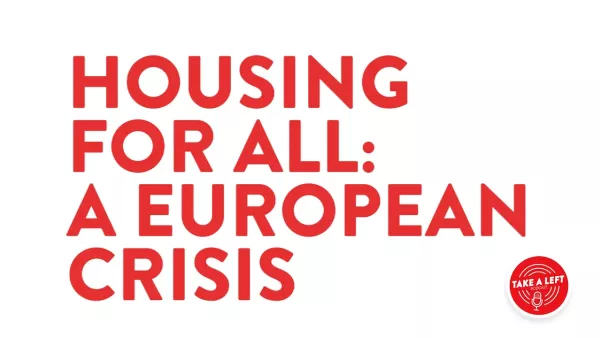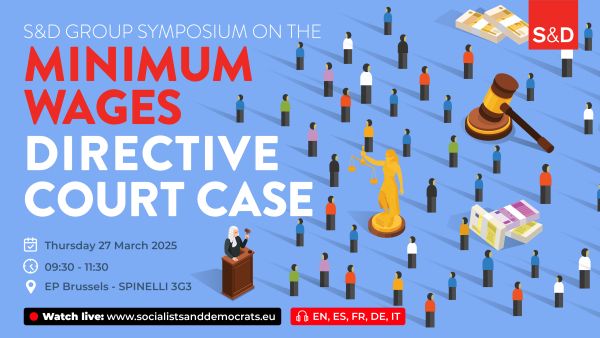“Digitisation brings many benefits and advantages for employees such as greater flexibility or less commuting. However, there are also pitfalls. The pressure to always be reachable, always available, is mounting. Working hours are extended and not necessarily fairly compensated. The boundaries between work and private life have become blurred. The human cost is high: from un-paid overtime, to exhaustion and burnout.
“The Covid-19 pandemic has fundamentally changed the way we work and we must up-date our rules to catch up with the new reality. During lock-down, one in three workers started working from home. For sure, telework has saved countless lives, but after months of teleworking, many workers are now suffering from negative side effects such as isolation, fatigue, depression, burn out, muscular or eye illnesses. Studies show that people who regularly work from home are twice as likely to work more than the maximum 48 hours per week as laid down in EU law. Working from home makes it particularly difficult to switch off.
“We want to make sure that digital tools are used as an asset benefitting employers and workers while their negative effects are mitigated. After work or while on holidays, workers must be able to switch off their phone or emails without fear of negative consequences. The right to disconnect is vital for mental and physical health. This is why we call on the Commission to propose an EU right to disconnect for all European workers.”










